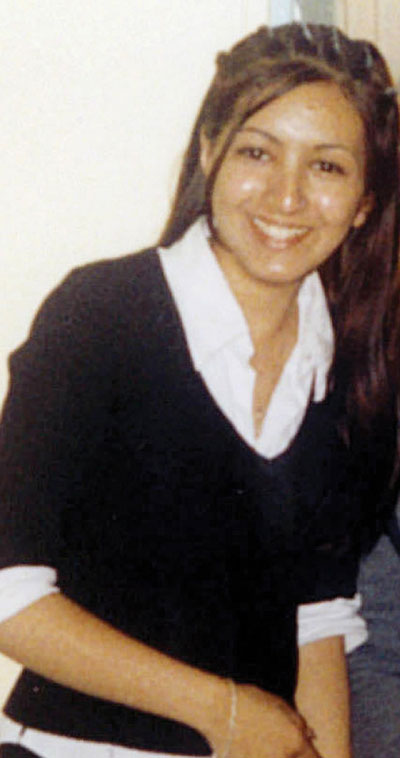
The killing has many appalling features – not least that Shafilea was murdered while her siblings were in the same room – but perhaps the worst is that so many opportunities to help her were missed. And so long as statutory agencies in the UK fail to recognise the terrible danger and damage caused by forced marriage and other so-called “honour” crimes, more people like Shafilea will become victims.
In June this year, David Cameron announced that forced marriage would be criminalised, most likely in the 2013-14 parliamentary session. It’s a move that has been welcomed by some campaigners, such as Jasvinder Sanghera of the helpline and support network Karma Nirvana; others, including the Muslim Council of Great Britain and Mencap, have expressed concern that new legislation may deter victims from coming forward if they believe their parents (and abusers) will be prosecuted.
The most important effect it could have, however, is to help create an environment where victims are aware of their right to choose or refuse a marriage partner, and those in a position to help (the teachers, police and social workers who didn’t or couldn’t rescue Shafilea) feel they have the authority and the duty to take effective, united action. While I was researching a feature on forced marriage for the next issue of New Humanist, it became clear that such an environment is sorely lacking.
I spoke to teachers who expressed their frustration and concern at seeing children removed from their class and pressed into marriage, and yet did not know what sort of aid or protection they could offer. I heard from Jasvinder Sanghera, chief executive of Karma Nirvana, how a headteacher had torn down posters advertising the charity's helpline, more fearful of offending parents than of failing children.
And I realised that I myself (by my own account a feminist, a humanist and an anti-racist) had underestimated the extent of the atrocities involved in forced marriage. This isn’t just compulsory vow-making: it involves coercion and violence before the union, abuse and rape beyond it. The Home Office’s Forced Marriage Unit gave advice on 1,468 instances in 2011. That’s more than 100 cases like Shafilea’s a month, and it’s almost certainly an under-reported form of abuse.
The victims are largely young women but, according to the Home Office Unit, 22 per cent of victims are male. Most cases are from South Asian backgrounds, but experts I interviewed mentioned cases from Jewish, Chinese and white British communities. And disturbingly, some 4 per cent of known victims have a learning disability. Given the difficulty these most vulnerable individuals have in accessing help, it’s highly likely that there are many more victims waiting to be found, and Mencap has started working to tackle the issue.
Leadership from religious authorities is important in helping to educate parents on the rights of their children, and the Muslim Council of Great Britain has been unambiguous in its condemnation of forced marriage. However, it’s not enough to define this as a religious issue, and so allow the rest of society to dispose of our responsibilities: no amount or enlightened preaching from Imams can compensate for the institutional failings which led to Shafilea’s death, not least because no one religion is implicated (as this article by Sunny Hundal for the New Statesman makes clear).
A humanist response is needed, one that asserts the right of every individual to self-determination in their life and relationships, and supports that right both vocally and practically. This is not a cultural issue: it is a form of domestic violence, and it cannot be tolerated.

